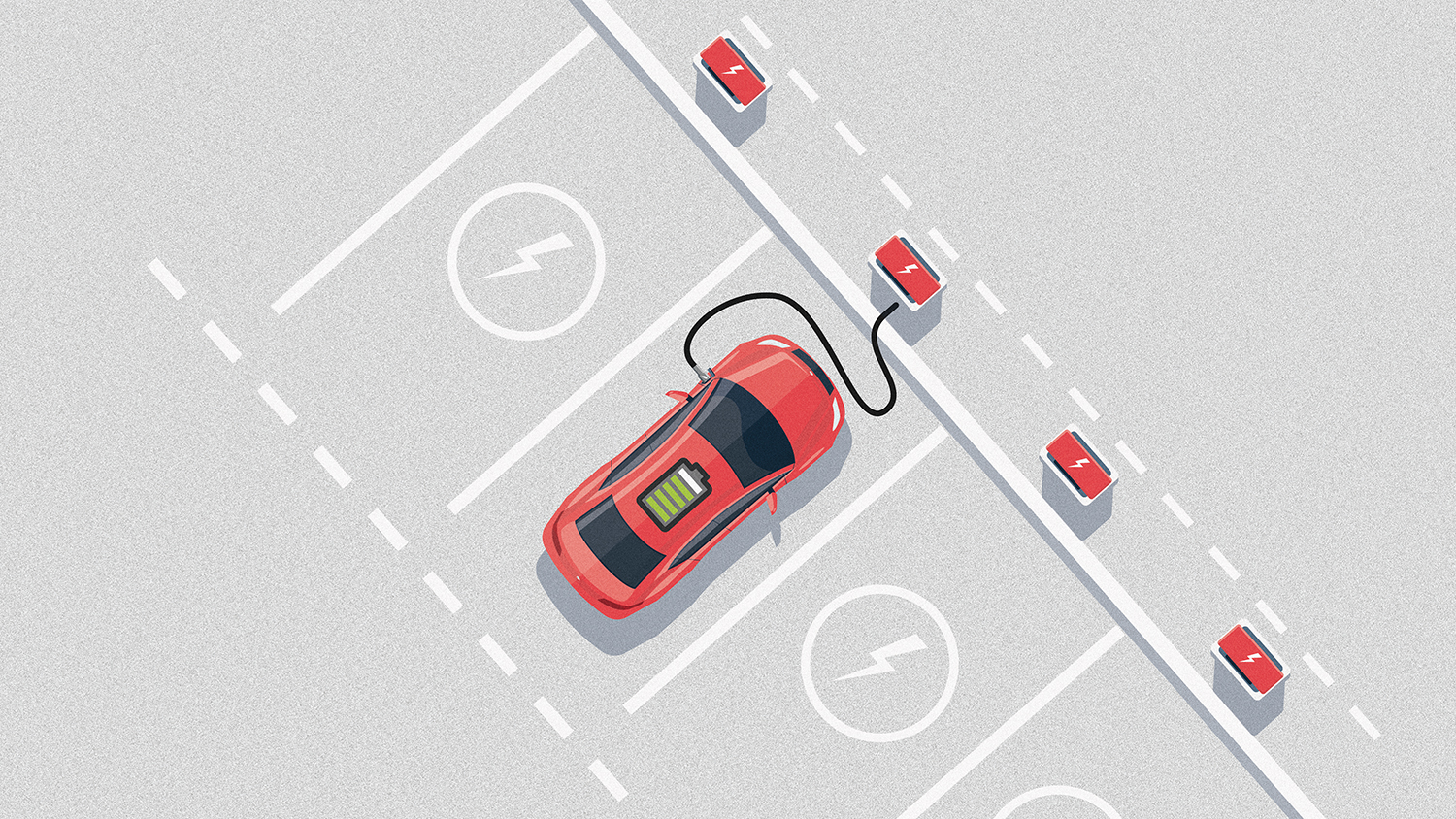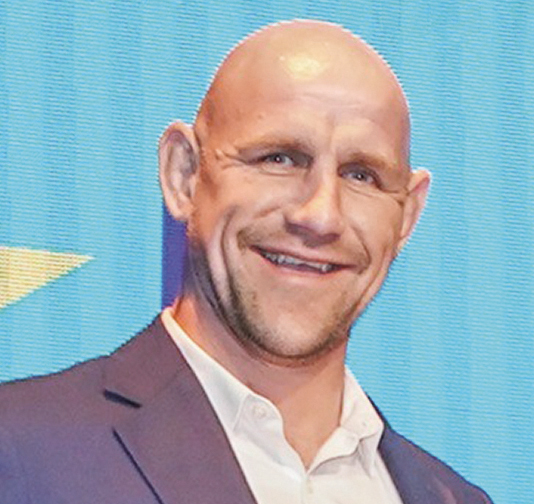
CIOB member Will Temperley recently launched his own electrical vehicle infrastructure business, Fortis EV. He talks to CM about the exciting prospects in this growing sector
How did you get into EV charging stations construction work?
Having spent a large part of my career in rail and civil engineering sectors, we started Fortis Foundations in 2020, then saw an opportunity to contribute to the transition to cleaner transportation through the installation of electrical vehicle (EV) charging stations. We launched Fortis EV two years ago.
Any company has to adapt and grow – and, looking forward, renewable energy is a huge market. With planned government initiatives being rolled out, a lot of civil engineering and construction expertise is needed to deliver these projects, and that’s where we come in.
Fortis has leveraged its expertise in civils to facilitate the installation of EV infrastructure, making the company a full turnkey provider for both the electrical and civil engineering work required.
We install EV charging stations in car parks, bus stations and roadside parking bays and work with companies such as VolkerHighways, ESB, Circet and Addcharge.
What are the key technical challenges during the construction?
There are two types of EV charging station project – domestic and commercial. The key technical challenges for domestic projects are the installation of AC/DC plug sockets and isolation switches. For commercial projects, it’s the paperwork, governance plus planning permits and agreements. For both types of project, the safety aspect for the public and employees is key – you are dealing with gas, water, electric, data cables and drains.
What skills and accreditations do you need to work on EV projects?

CV: Will Temperley, managing director, Fortis Foundations
Will Temperley founded Fortis Foundations in 2020, bringing over 20 years of rail and construction industry experience to the business.
The family-run company provides civil engineering products and services, specialising in foundations and piling to the rail, civils, energy, residential and water sectors.
In 2022, Fortis launched a sister company, Fortis EV (electric vehicles), for the fast-growing EV infrastructure installation sector.
At the recent East of England StartUp Awards, Fortis Foundations won the Construction & Building Services category and was the overall StartUp winner out of the 25 categories.
You need technical civil engineering skills and qualifications, plus interpersonal and management abilities. On top of that you need NRSWA (New Roads and Street Works Act) training, a minimum of three years’ experience in the field you’re working in – whether it be electrical or civils – and as a company we require employees to have HERS (Highway Electrical Registration Scheme) and NERS (National Electricity Registration Scheme) accreditation before they can work on our EV projects.
We follow all the guidance from the NICEIC (National Inspection Council for Electrical Installation Contracting) and there are standards for each civil engineering element, including highways, digging and trenching, cable laying, surface reinstatement, cable connections, distribution and safety walls.
Fortis Foundations also offers extra training through HSG47 (Avoiding Danger from Underground Services), to give staff that additional training to keep employees as safe as possible.
Tell us about one of your recent projects
At Thornton Heath in south London, we recently installed five high power 100kW battery storage EV charge points for bus stations.
For any project, logistics is the biggest challenge. Here, the site was live and open, so maintaining working relationships with those running the surrounding car parks and streets was paramount to ensure public safety and to keep the bus depot open while the EV charge points were installed.
Fitting cables below the surface causes a lot of disruption, so at Thornton Heath we came up with a plan to run cables along the ground or behind barriers to keep the cost down.
Do you see good prospects for the EV market and what future innovations are likely?
The prospects for Fortis are very good. According to National Grid, there will be 10 million electric vehicles on UK roads by 2030, and as many as 30 million by 2040.
There is new tech being created all the time, such as charging points that sink and pop up. I think AI will lead to big innovations for our company, for example, making it easier for planning and completing the various forms which are required for granting access on EV projects.










